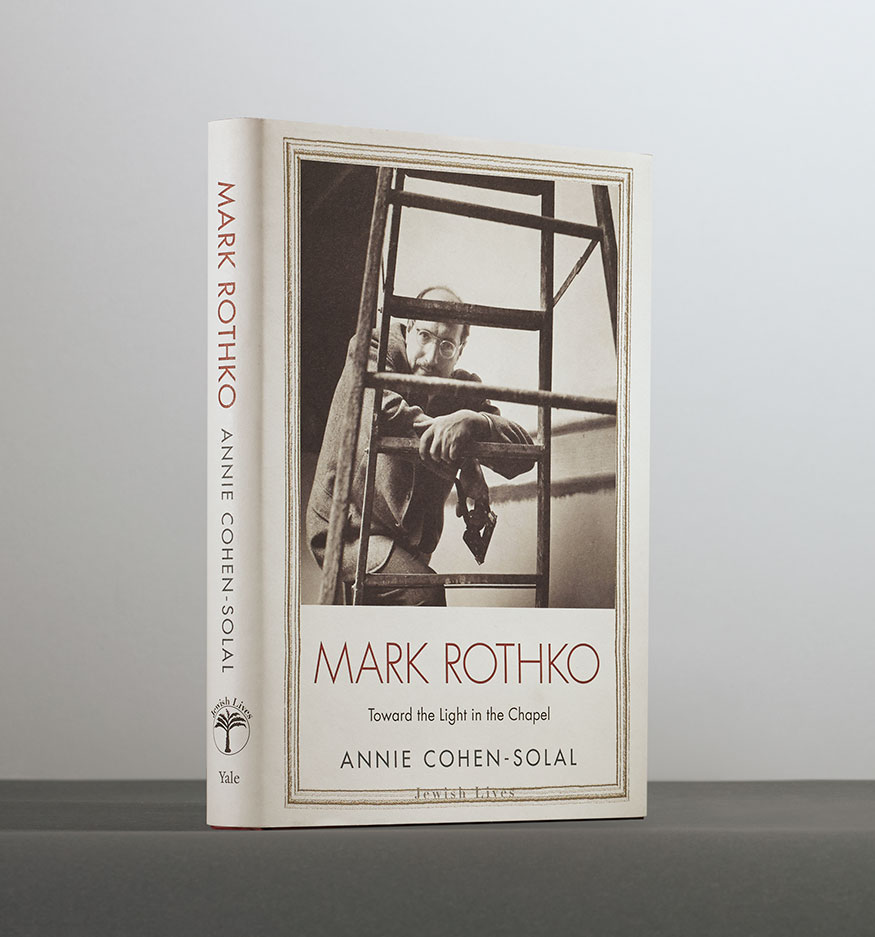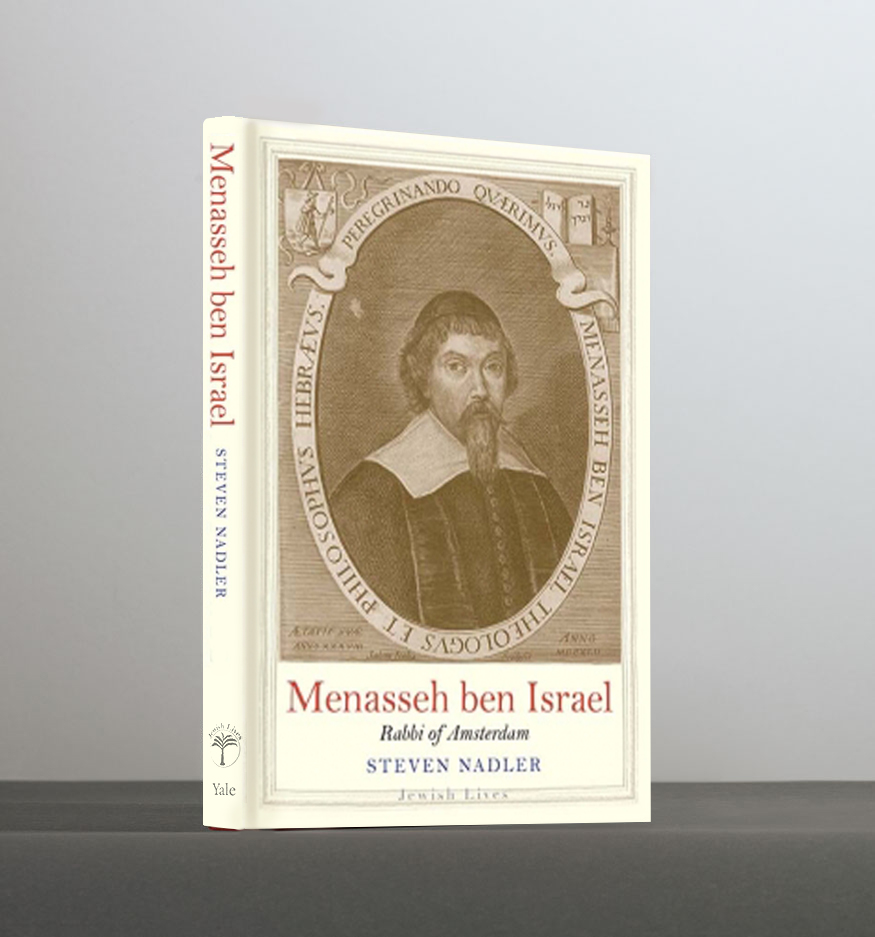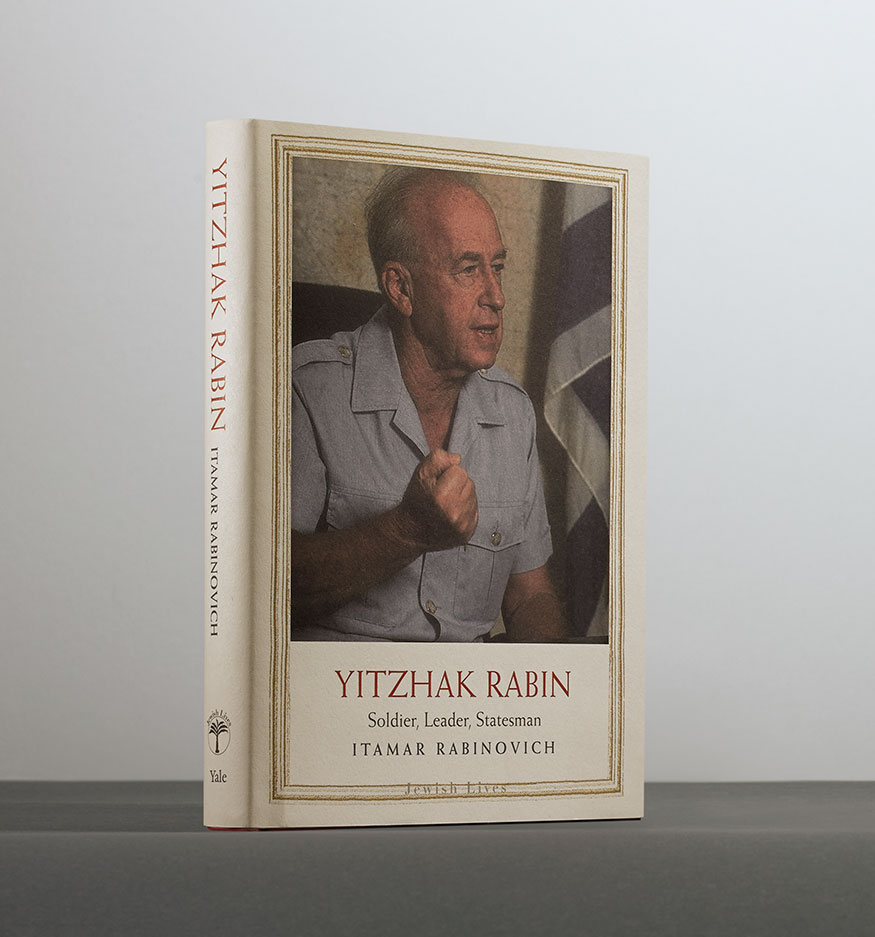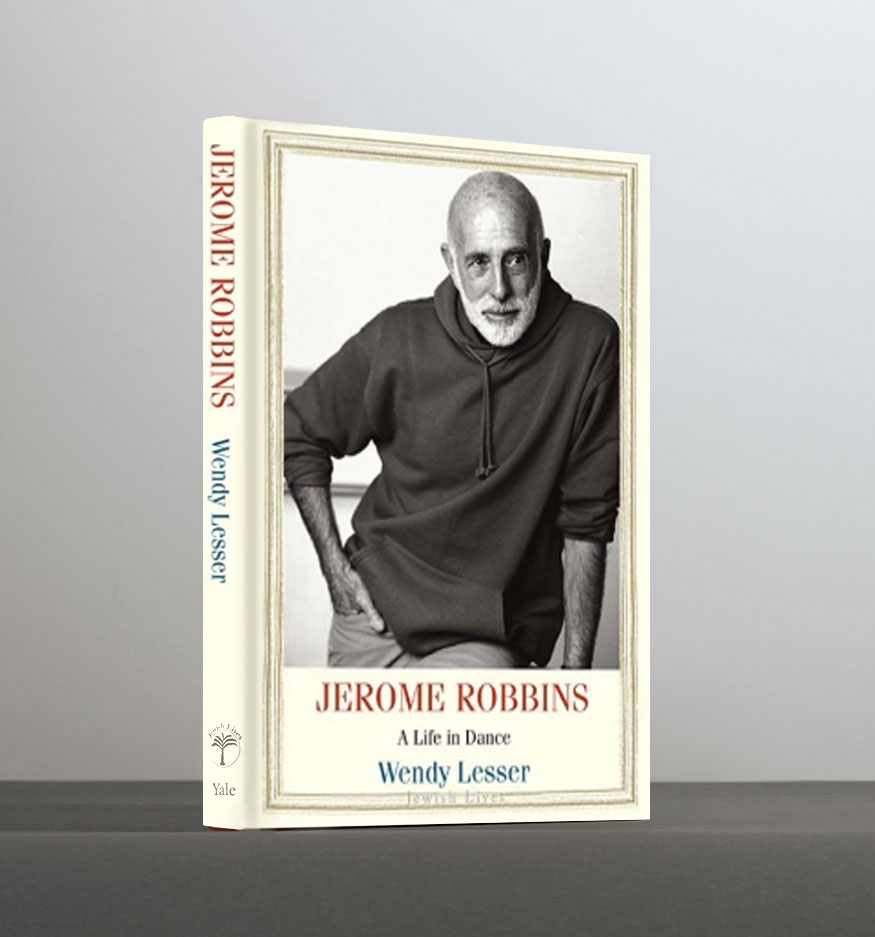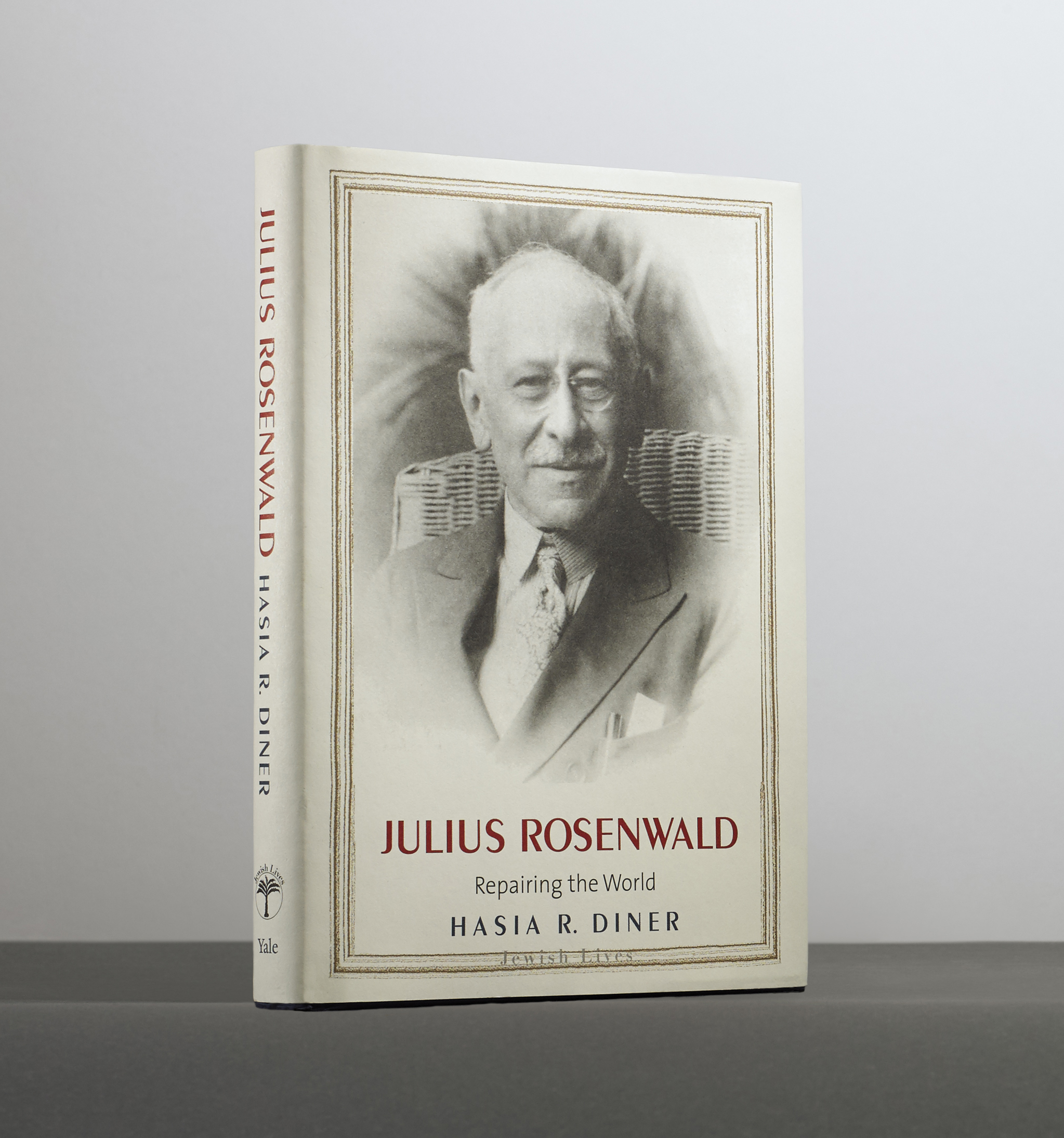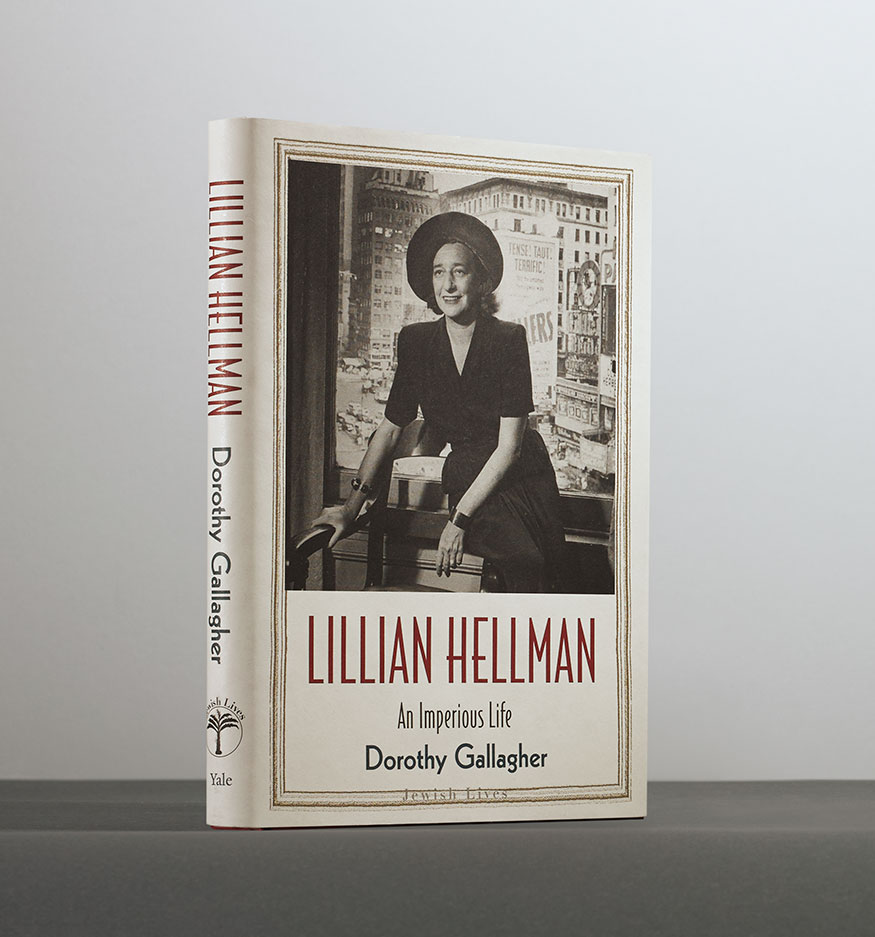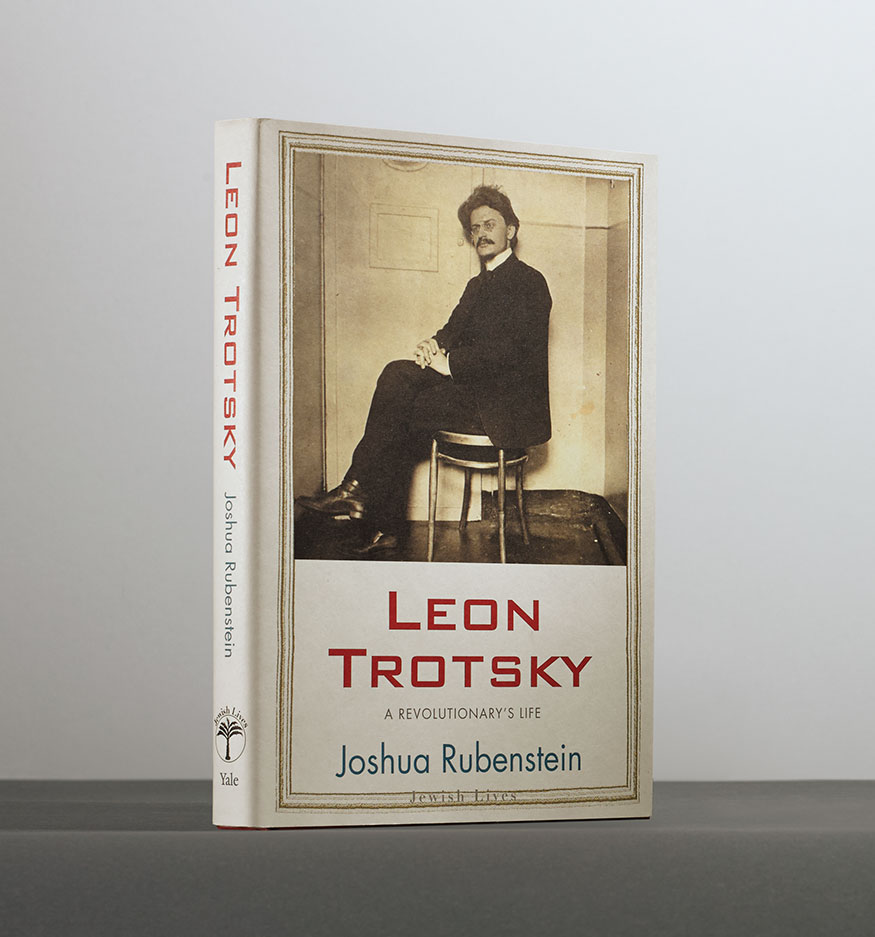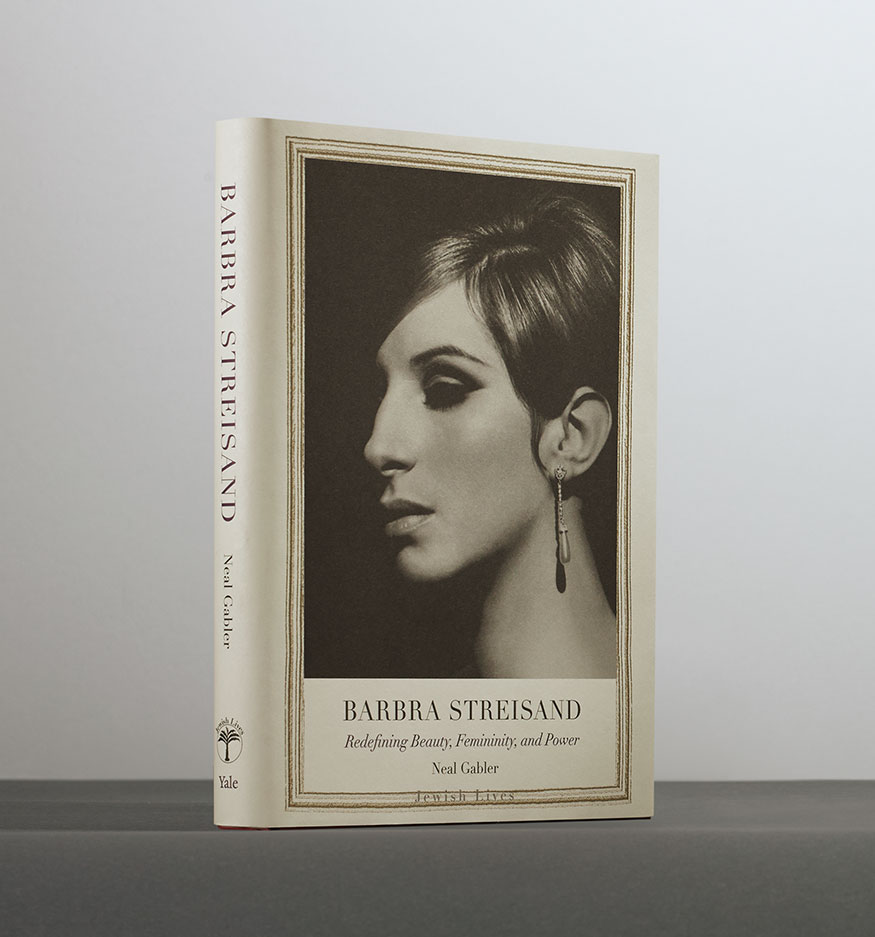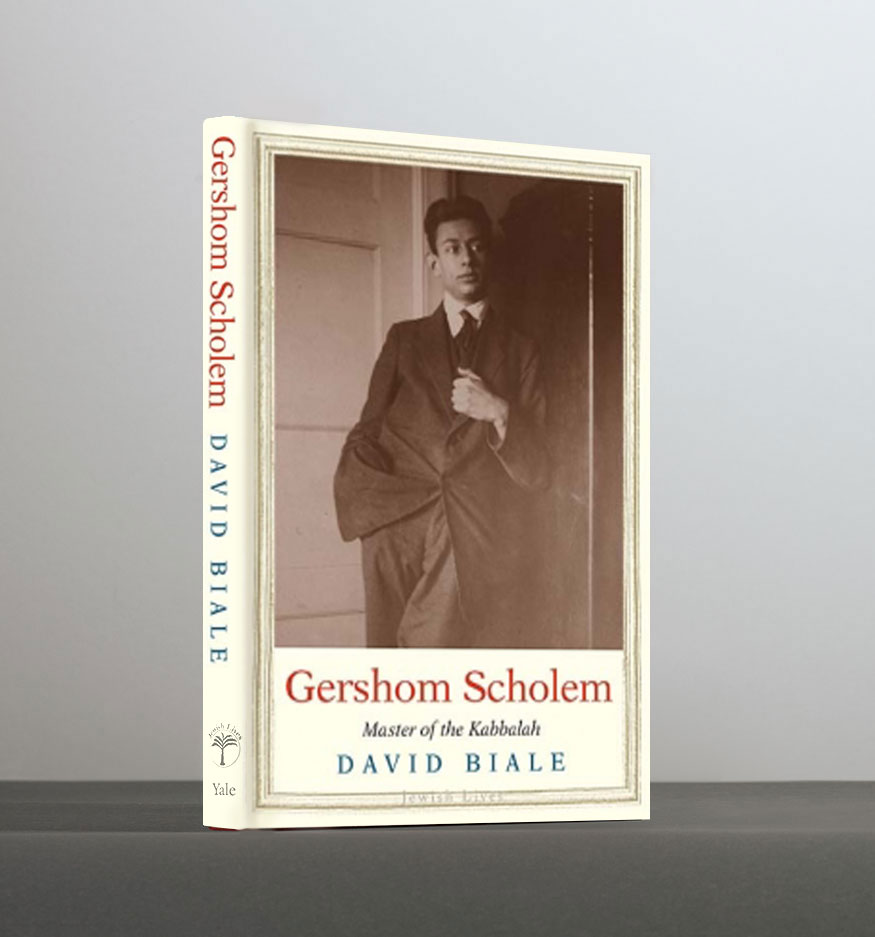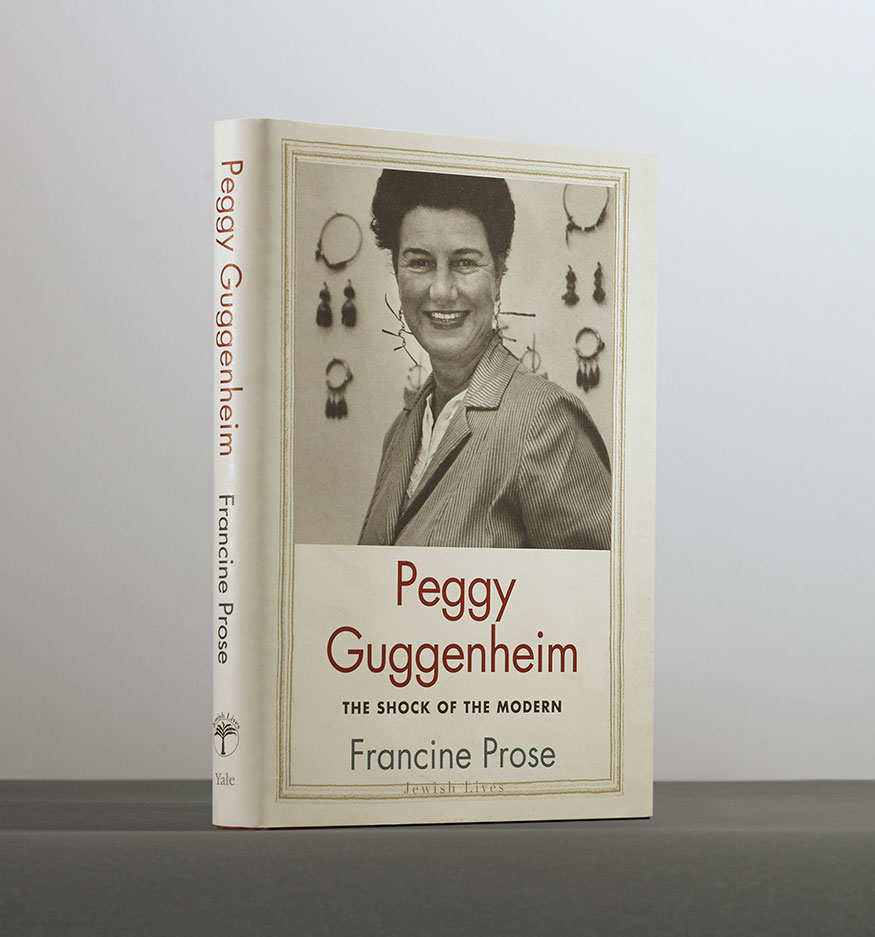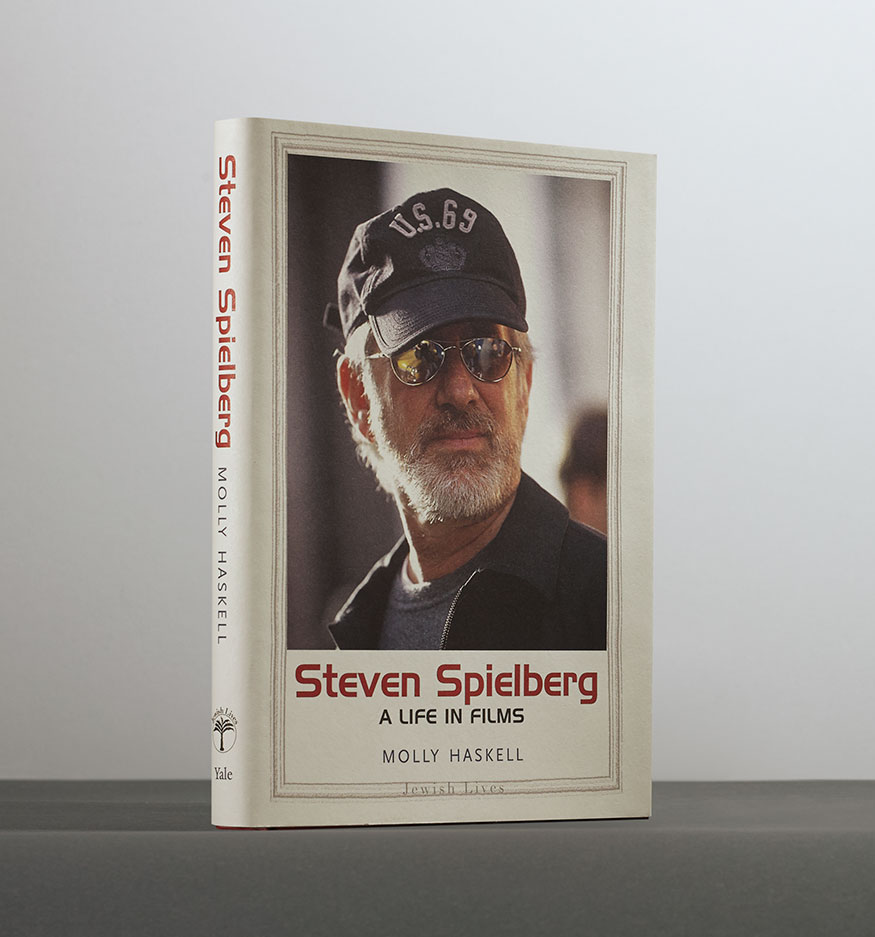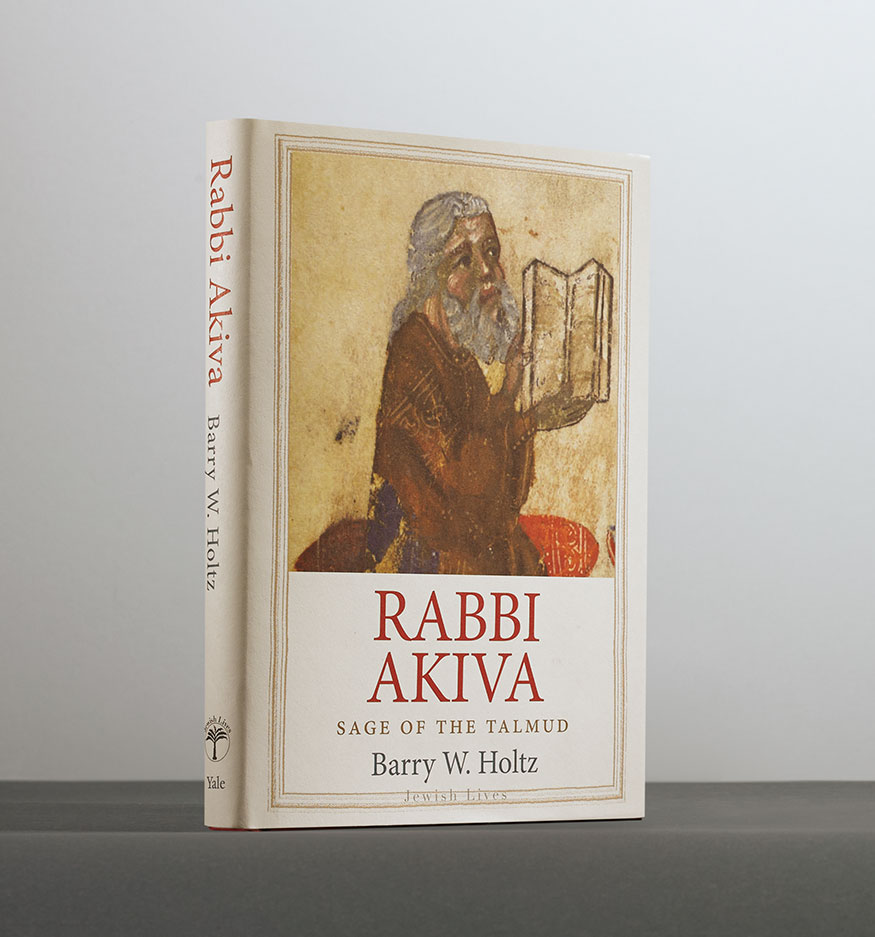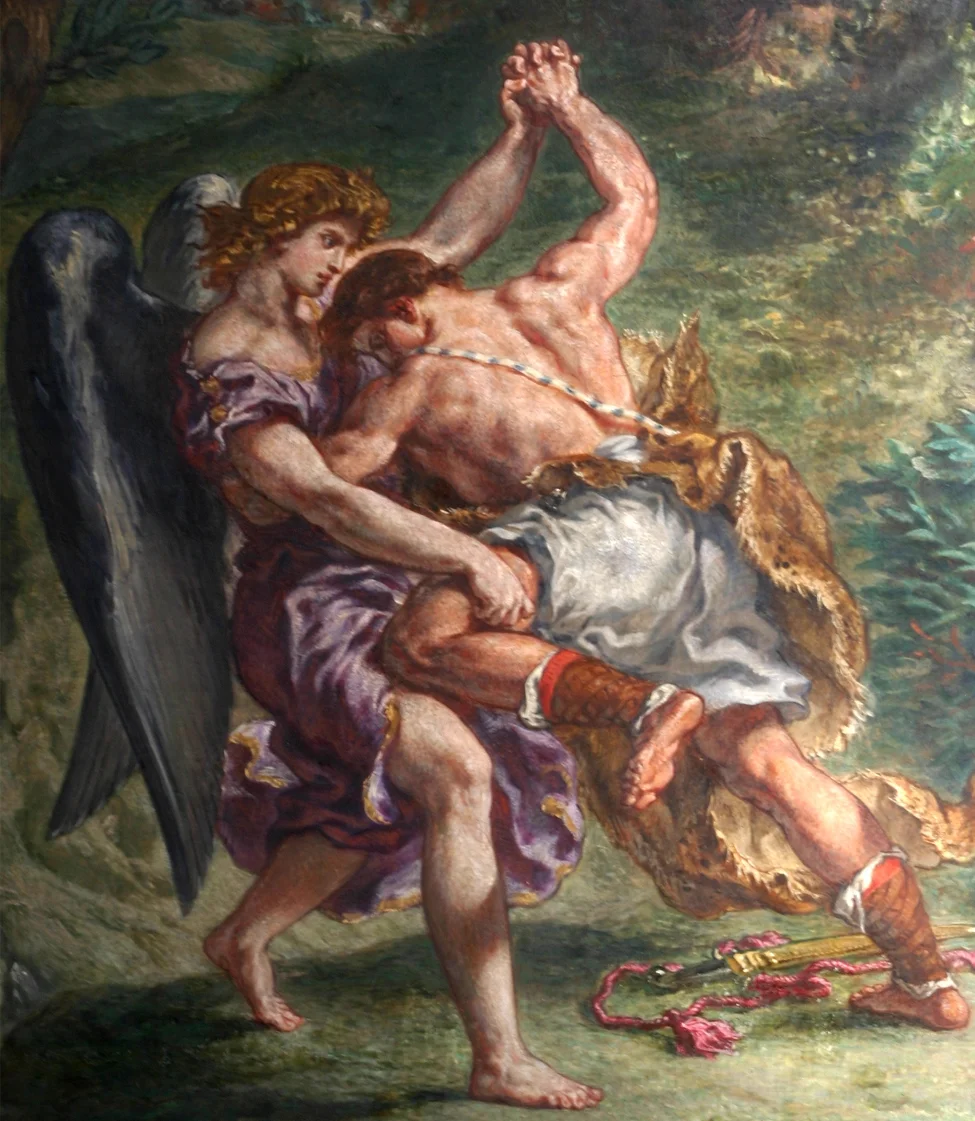Four Books, Four Heroes
By Barry W. Holtz
It was fortunate indeed that a few days before I was interviewed for the livestream broadcast of the Jewish Lives Book Club back in May, I had had a conversation with Ethan Witkovsky, the Assistant Rabbi of the Park Avenue Synagogue in New York City about one particular question he was thinking of asking me.
But when the question came it felt like it came out of the blue: “Now that we are coming to the end of this year’s book club,” he asked, “how might you see commonalities among the four figures whose biographies we read this year?”
Now, I knew that Ethan was not out to stump me. After all, he had been my student when he was in rabbinical school and a great favorite of my children from his days working at Camp Ramah in New England. So he had floated that trial balloon during our discussion in advance of the evening at his synagogue.
In fact the interview was moving along smoothly that night. I had, after all, done a number of speaking engagements in various synagogues and JCCs since the book was published. I had even spoken at the National Yiddish Book Center where I tried to relate the stories of Akiva to the much later tradition of storytelling in (mostly secular) Yiddish literature.
So I was used to answering questions about Rabbi Akiva of various sorts. But when Ethan asked me to connect the four books in the year’s book club, I had a moment of brain freeze. “Wait,” I’m thinking to myself, “did I really have an answer to that question? Did I really agree to address that?”
I offered a few self-deprecating and humorous remarks as I desperately tried to refocus on an answer: Hmm, Einstein, Spielberg, Rabin, Akiva: one born almost 2000 years ago; one born toward the end of the 19th Century; one born toward the beginning of the 20th Century; one born a few months before my own birthday. No connection there.
One who escaped persecution to live out his life universally admired, dying at peace in Princeton New Jersey; one acclaimed throughout the world for both his work and his philanthropy, still alive and still active; one who was cruelly executed by a vicious oppressor for teaching Torah; and one, a leader of his people, a warrior and a peace-maker, murdered by one of his own citizens out of hatred and fear. Not much of a similarity there.
It was at that moment that my memory of the previous conversation with Ethan clicked in. At that time, without the pressure of being in front of a large audience, the answer to the question was clear to me and I was able to pull my answer out of my memory bank.
I suggested that you could see each of them as representing a different version of what it means to be a Jewish hero: Einstein stood for the heroism of the mind, in his case scientific intelligence. Einstein used to go by the common epithet, “the smartest man in the world.” And he was a figure of great pride for Jews throughout the world, particularly after the Holocaust. In twentieth century America his rivals might only have been Louis Brandeis, Jonas Salk, and, of course, Hank Greenberg!
If Einstein is the hero of the mind, Spielberg is the hero of artistic imagination. Arguably the greatest film director of all time and certainly the most successful, the very range of Spielberg’s imaginative oeuvre is astonishing: the fantasy of “ET,” the adventure of “Raiders of the Lost Ark,” the historical depth of “Lincoln” and “Saving Private Ryan,” the terror of “Jaws” and, of course, the power of “Schindler’s List," and these films only touch the surface of his output. On top of that, Spielberg’s enormous philanthropic efforts following “Schindler’s List” also made him a hero to many Jews.
Rabin, is in a sense the obvious traditional kind of hero. For many Jews his leadership of Israel’s Defense Forces during the 1967 war sealed his image as a hero in warfare, but his move as Prime Minister to reach out to find a lasting peace with Israel’s Arab neighbors marked his transition from one kind of hero to another. His death, at the moment in which peace seemed like it might finally be possible, shattered the hopes of many Jews around the world. And the fact that he was assassinated by a Jew, a religious Jew at that, made his life story become almost that of legend.
And finally, Rabbi Akiva. For me Akiva is a hero in many different ways. The stories about him portray him as at once a brilliant intellect who essentially cemented in Jewish memory the notion of what it means to study Torah. Although Akiva did not invent the mode of Torah learning that I like to call examining and interrogating the text, asking questions about every detail, he is the person most associated with what could be called “that Jewish way of reading.”
It can be argued, I believe, that this way of reading influenced Jewish consciousness for millennia, even for secular Jews after the Jewish Enlightenment begun around 150 years ago. It may be summed up in the Yiddish phrase a yiddishe kopp, a Jewish “head.” But Akiva was more than that. He was a model of spiritual depth, admired by Jewish mystics for his profound connection to God and the depth of his prayer life. And of course he too died a martyr’s death, modeling what it meant to be a hero with tremendous courage.
And so in the end I think it is hardly far-fetched to think of these four personages as exemplifying what Jews have admired throughout the ages: mind, imagination, courage and spirit. All of them heroes each in their own way.

